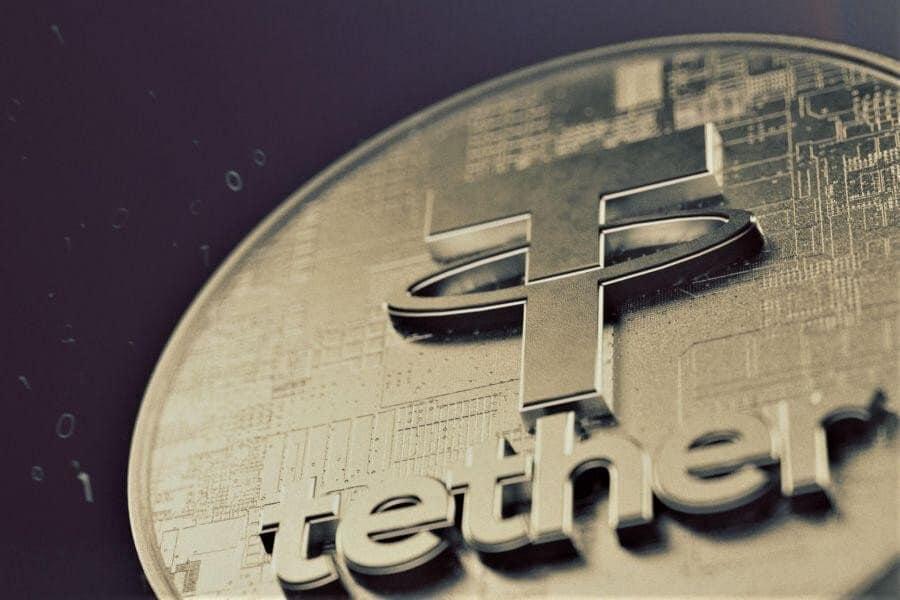Howard Lutnick’ – CEO of investment banking giant Cantor Fitzgerald – has a message for Tether Truthers: the stablecoin giant’s assets are 100% backed.
During an interview with Bloomberg on Tuesday, the executive reaffirmed his claims that month that Cantor is a custodian for Tether’s US treasuries. These comprise the vast majority of the reserves supporting Tether’s popular dollar-pegged crypto token, USDT.
“I manage many, many of their assets,” said Lutnick on Tuesday. “From what we’ve seen – and we did a lot of work – they have the money they say the have.”
Tether is by far the largest stablecoin in the crypto ecosystem, boasting a $95 trillion market cap, according to CoinGecko. By comparison, Circle USD (USDC) – its closest competitor – has a market cap of $25.4 billion.
That also makes it the third largest cryptocurrency overall next to Bitcoin (BTC) and Ethereum (ETH). In terms of trading volume, Tether is the absolute king, scoring $40 billion in daily trades on Tuesday alone.
Given its size and import in providing the crypto industry with liquidity, investors and regulators alike have often feared what might happen if the company were to unwind. After all, Tether has still never undergone a full and formal audit from a Big Four accounting firm, unlike its competitor Circle.
Can’t wait for the Tether audit then……when I last checked, Howard isn’t an auditor.
— Novacula Occami (@OccamiCrypto) January 16, 2024
Rather, Tether only undergoes “attestations” from an external auditor every quarter, which provide a glimpse of a company’s balance sheet on one particular date. As Lutnick noted, Tether’s last attestation showed it held $86 billion in assets – a $3 billion surplus over its number of issued tokens.
“There’s always been a lot of talk – ‘do they have it or not’? I’m with you guys saying we’ve seen it, and they have it,” said Lutnick.
Bitcoin ETFs Overhyped
Though bullish on Tether, Lutnick wasn’t as enthusiastic about Bitcoin as an investment, nor the historic launch of several Bitcoin ETF products last week.
Rather, the executive sees cryptocurrencies as “speculative” for the American public, but as far more critical payment infrastructure for less developed countries that lack access to tools like Paypal and Venmo.
“Why are Americans having anything to do with Bitcoin anyway?” he asked. “This is Americans just cocking around like buying Tesla stock.”
